Our Fear of COVID-19 is What Congolese Live With Every Day
Our nurse, Marlene, summed up the difference between the U.S. and DRC’s response to COVID-19 by saying, “The Congolese government took it seriously knowing what we experienced with Ebola… the American government has never lived like this.”
COVID-19 is everywhere - literally a global pandemic - impacting people all across the world. While the virus is the same everywhere, the governmental response to it and the extent to which communities adhere to protective guidelines vary substantially.
This is made clear in contrast between the U.S. and DRC. We’re all familiar with the state by state approach that is being taken by the U.S. - with varying success. In DRC, when only 2 cases were reported in the country - they started systematically shutting down. The government halted flights in and out of the country (besides those bringing in food or medical supplies). They canceled school indefinitely (primary through college). They enacted a stay at home order for the country that started with limiting the food markets being open for only two days per week (this order was later loosened). The country even limited the goods that are permitted to be sold to essentials only.
While the U.S. has a wide array of opinions regarding the validity of the virus and protective measures that have been put in place, DRC does not. Everyone is taking the threat seriously and adhering to as many of the protective measures as they can. These contrasts had us scratching our heads - why is DRC responding more harmoniously than the U.S.? We asked our doctor and nurse for their input.
In addition to the common medical concerns, outbreaks of infectious diseases like Ebola and Measles have been plaguing the country for years. According to the World Health Organization, 8 out of the past 10 years, DRC experienced a disease outbreak on some level that required an emergency preparedness response. When asked about how public health precautions for COVID 19 are similar to that of recent outbreaks of other diseases, our staff reports that it’s much the same. People in impacted areas must limit contact and wash their hands often. The response team has to surround the impacted area, track cases, isolate potentially infected patients, and stop the spread. The main difference that they see between this outbreak and previous ones is the same thing that we’re all struggling with - Asymptomatic people as well as the delay in test results.
Our staff credits DRC’s President Tshisekedi’s rapid and country-wide response to the country’s experience with epidemics. The country’s capital city, Kinshasa, has a population density that is twice the density of New York City. With that many people in close proximity, social distancing is extremely difficult. Additionally, our staff says the government is aware of the precariousness of the country’s resources and its health system. With the entire country having only 50 ventilators, quick action and prevention are the best approaches.
For us, in the U.S. this is a once in a lifetime event that has changed everything about our day to day lives, how we think about health care, and essential workers. That’s simply not the case in DRC. This is a scary addition to the long list of outbreaks that they have continuously dealt with.

